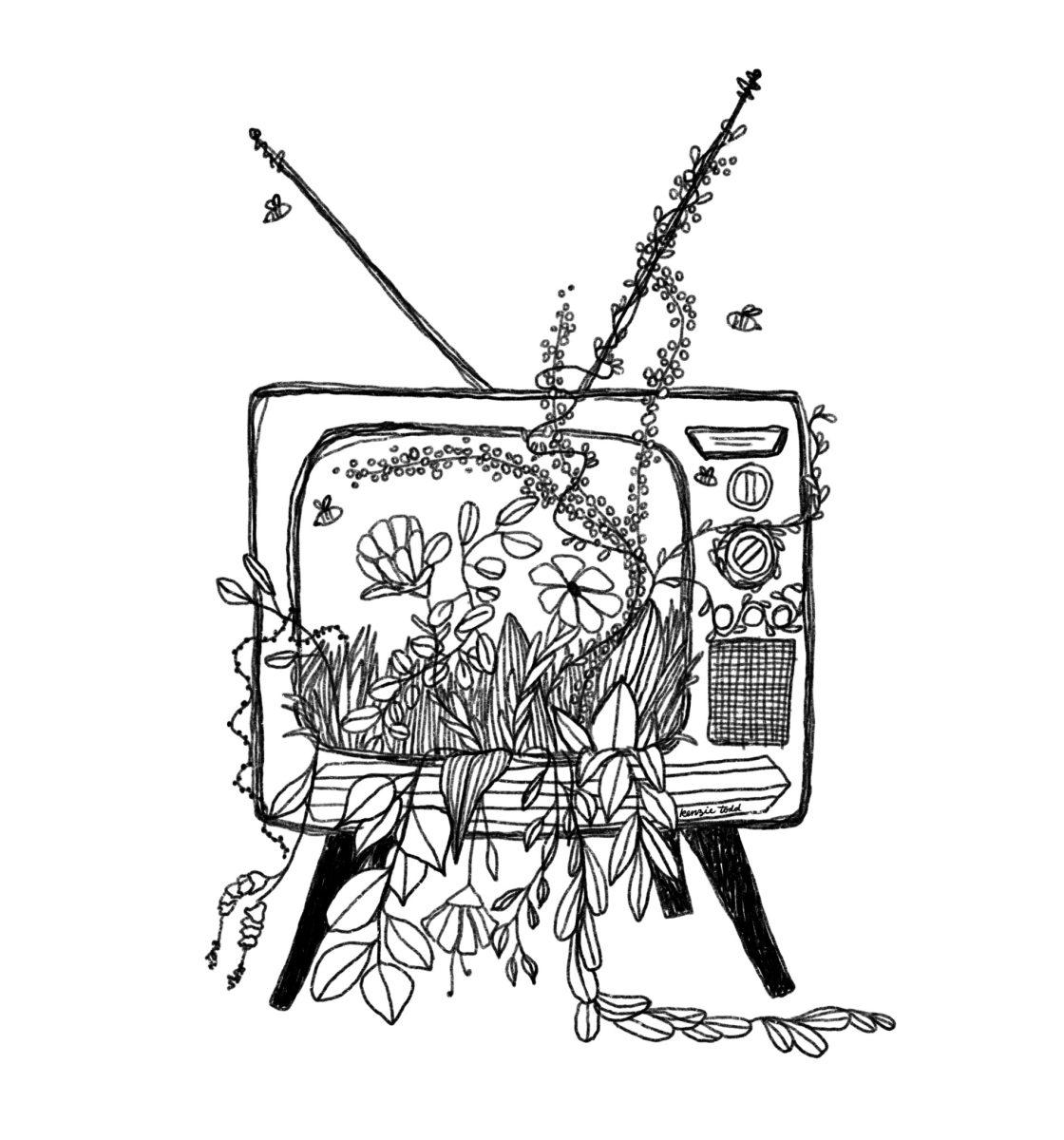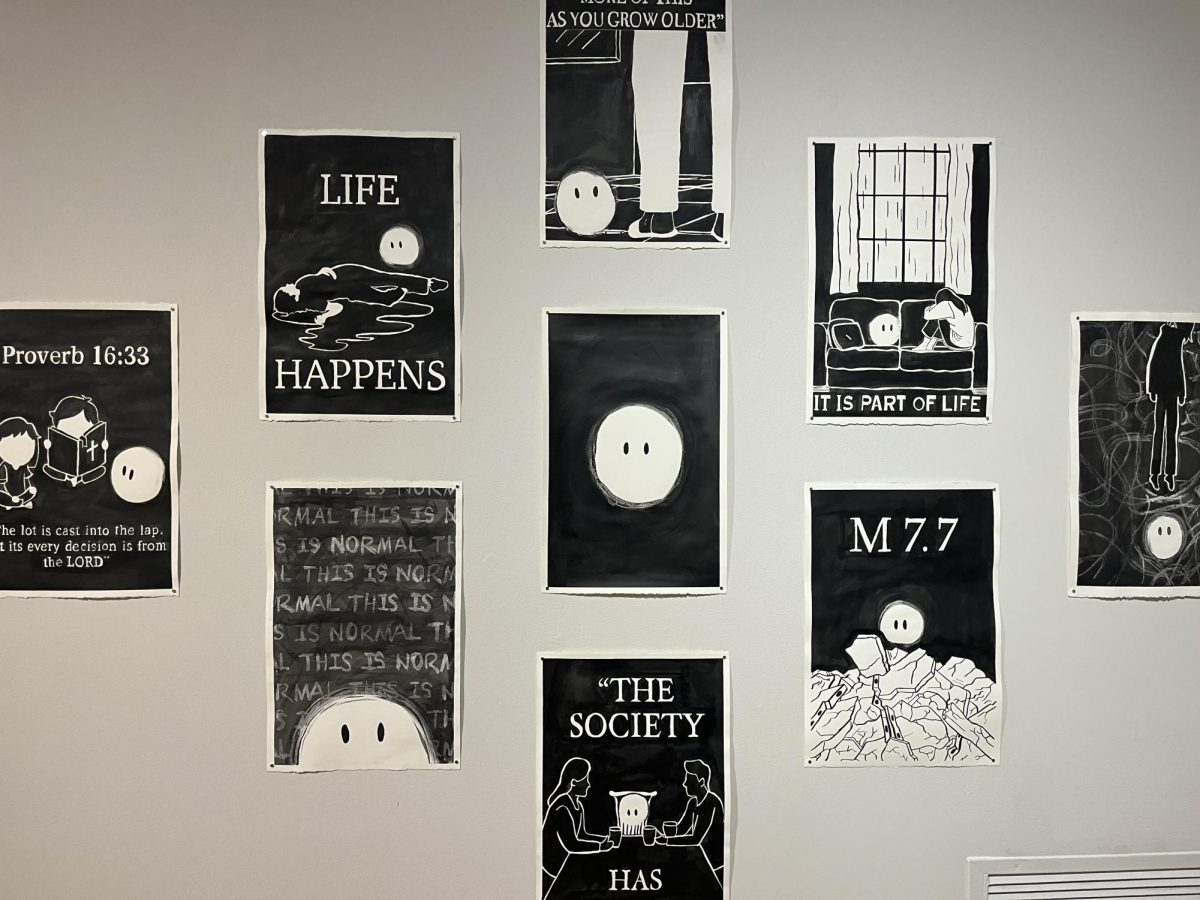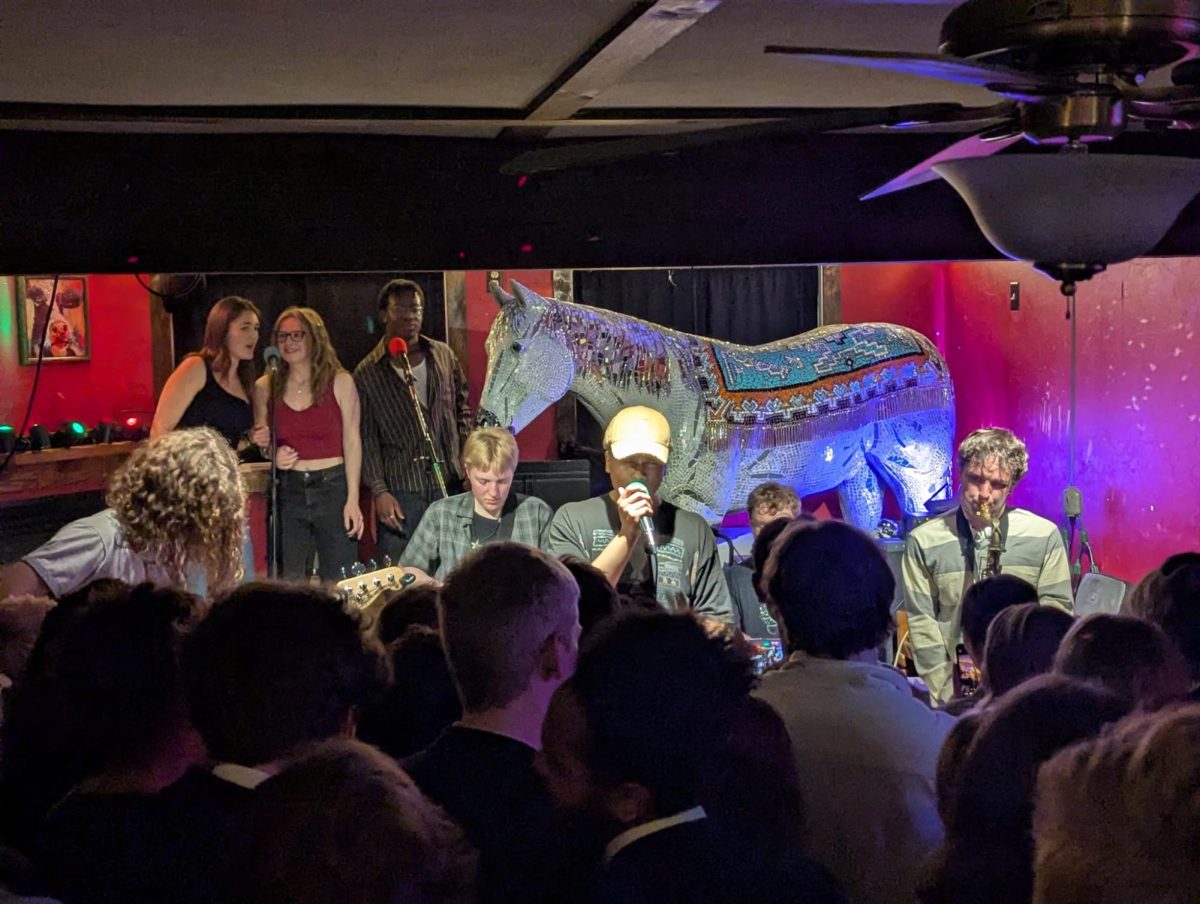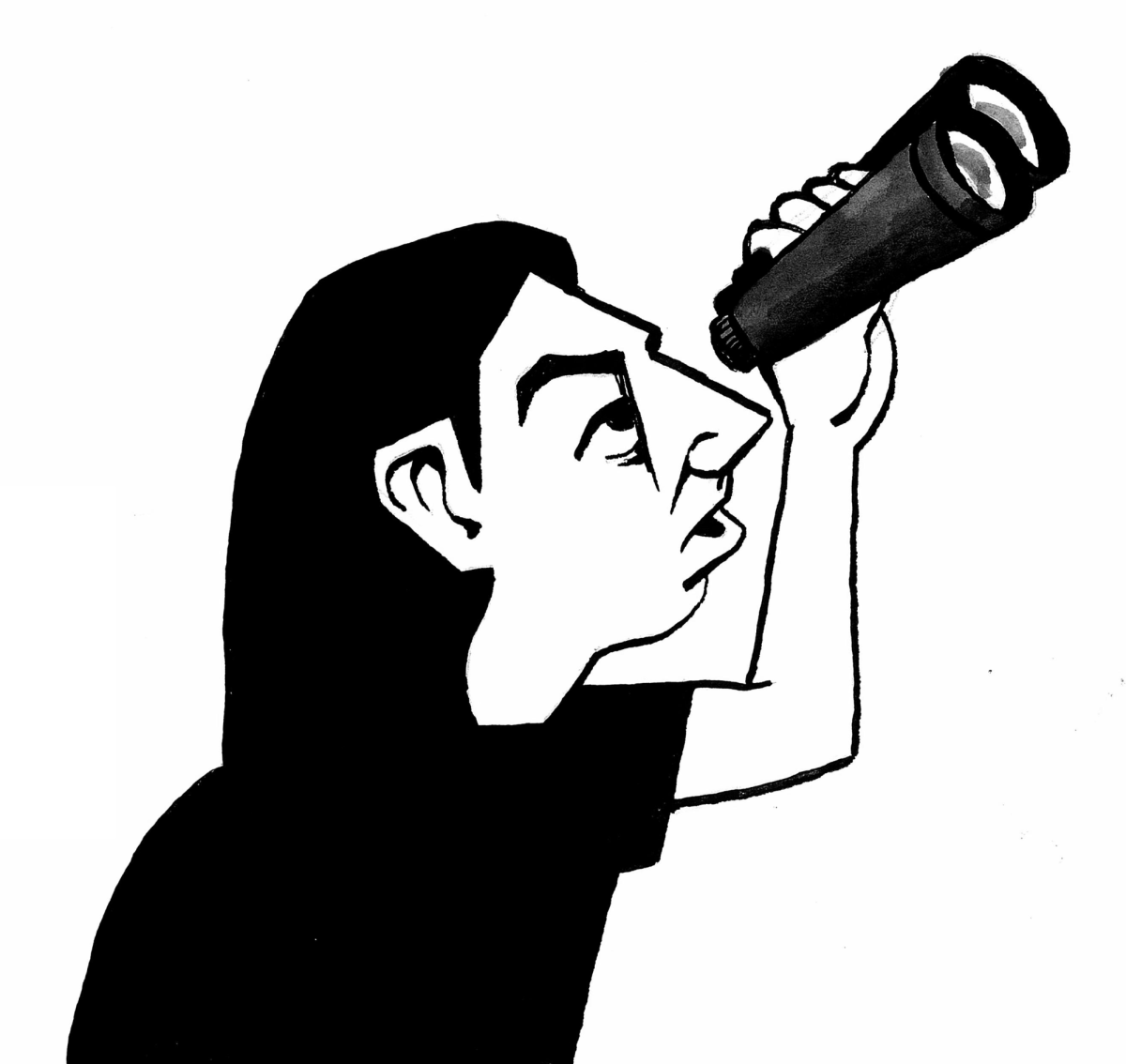At this point I’m sure that everyone who cares has already watched NBC’s “The Good Place,” but I’m going to recommend it anyway. The show is a remarkable blend of comedy and philosophy that works much better than you would expect.
“The Good Place” takes place primarily in the afterlife. In the first episode, Eleanor Shellstrop (played by Kirsten Bell) wakes up in the Good Place, vaguely analogous to heaven, and knows immediately that she’s in the wrong place. The other characters include moral philosophy professor Chidi Anagonye (played by William Jackson Harper), philanthropist Tahani Al-Jamil (played by Jameela Jamil), DJ Jason Mendoza (played by Manny Jacinto), afterlife architect Michael (played by Ted Danson) and the not-a-robot afterlife guide Janet (played by D’Arcy Carden).
Without giving too much away, the show takes all sorts of twists and turns. The plot moves quickly, and the four seasons cover a lot of time and space.
The show is delightfully funny. Michael Schur, a writer and producer for “The Office” and “Parks and Rec” — credits which should be all the inducement you need to watch “The Good Place” — created the show, which is witty and original in its own right.
The character arcs and relationships constitute the bedrock of “The Good Place.” In an era when so much of current entertainment revolves around romantic love, this show offers a refreshing change of pace. While there are several romantic subplots, the main focus of the show is the love between friends, and it’s absolutely wonderful. The friendships between the main characters are the heart of the show. Their love for one another is well-written and feels genuine.
It’s also a deeply philosophical show. Chidi, the moral philosophy professor, takes viewers through most of the prominent theories in the Western moral tradition and a few non-Western ethical theories. The trolley problem episode, which examines Philippa Foot’s classic thought experiment, features an actual trolley and the accompanying corpses. Kierkegaard almost gets a musical number. I learned more Aristotle from season one than I did in the Great Conversation.
By the end of season four, the show constructs the only idea of an afterlife I have ever actually enjoyed. It wrestles with the problems inherent to concepts like heaven and hell and, in my opinion, offers a solution that is elegant and meaningful. The series finale is touching and philosophically resonant. Full disclosure: I cried.
Part of the appeal of “The Good Place” lies in its philosophical optimism. It covers a lot of heavy topics — an entire season covers the theme of “there is no ethical consumption under capitalism” — but stays optimistic about the nature of humanity. The overarching premise of the show is that people can become better with time, attention and love. That’s quite a statement in an era when bleak, grim-dark entertainment reigns.
The show is much funnier than that description makes it sound, I promise.
“The Good Place” does a lot in four seasons, or just 53 episodes in total. You’ll be shocked by the plot twists, learn some Aristotle and hopefully end up a little more optimistic about humanity. You’ll laugh until you cry and cry until you laugh. “The Good Place” tops my list of favorite shows. It’s well worth watching.




